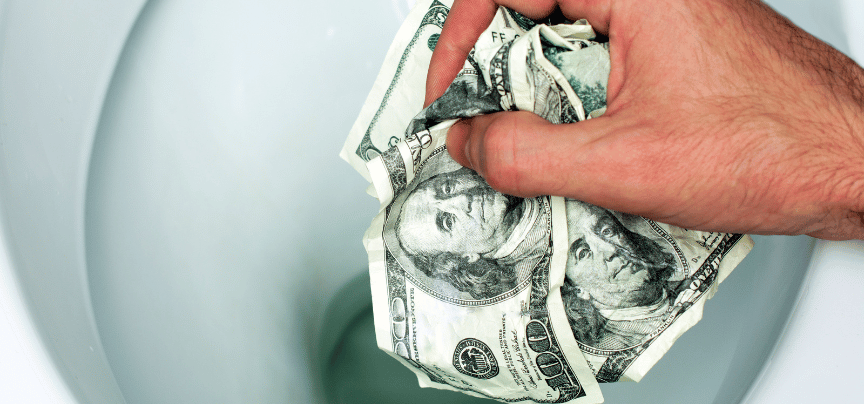
White collar crimes involving money and property can often become complicated, especially when looking at the minute details of the situation. If you have been accused of committing a white-collar crime, you may be confused at the charges and what they mean. Two crimes that often get mistaken for one another are embezzlement and money laundering. While both crimes involve money, the differences should be made clear, so you have a good understanding of what is going on.
When a person embezzles money, he or she has been given money in a legal fashion. However, that person may use the money for something other than its intended purpose. For example, a corporation or business may have funds designated toward a certain purpose. Yet the person looking over those funds may divert them into a personal account or otherwise use them for personal gain. These cases can get quite complicated, as people have been convicted of embezzling millions through Ponzi schemes and other diversion tactics.
Money laundering, on the other hand, involves funds that are obtained illegally. During the laundering process, funds obtained from criminal activity are transformed so they can be used without linking the owner to the criminal activity. Once the money is laundered, it cannot be repossessed by law enforcement, and the money can stay in the possession of the owner. The money is first placed in a financial institution, usually through a business, such as jewelry business or check-cashing company. In some cases, the money can be wired to other accounts to further fade the trail back to the criminal origins.
This information is intended to educate and should not be taken as legal advice.
